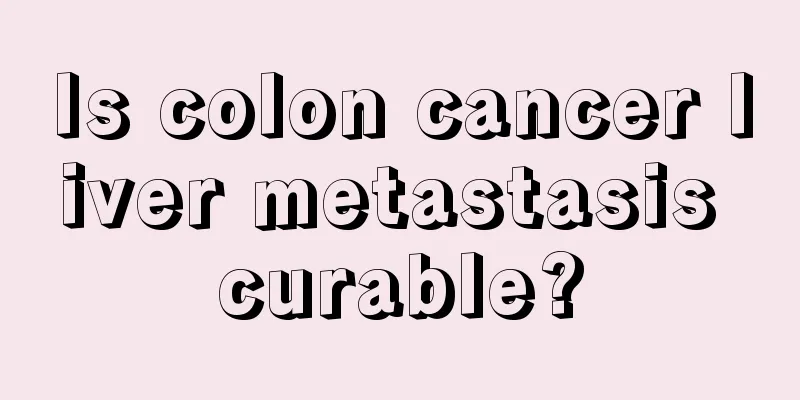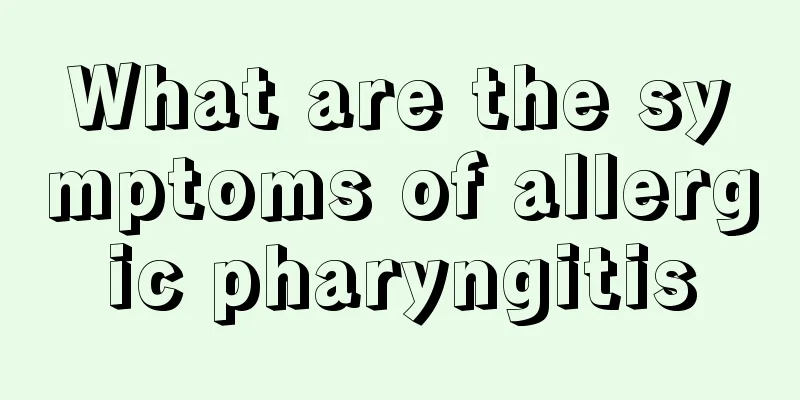What is melanosis coli? How to diagnose and treat?

|
The health problems of the elderly are something we must pay attention to now. Our country has gradually entered an aging society. As the elderly grow older, their organs and functions are slowly degenerating, their immunity is also decreasing, and naturally some common diseases of the elderly will appear. Melanosis coli is one of many common diseases, and it mainly affects people over 60 years old. The cause of this disease is still unknown. Its main symptoms are abdominal distension, constipation and difficulty in defecation. And a considerable number of patients will have hyponatremia, hypokalemia and hypocalcemia. Research by relevant experts and scholars has shown that melanosis coli is a non-inflammatory bowel disease characterized by melanin deposition in the colon mucosa. The treatment of this disease mainly focuses on three aspects: Drug treatment There is currently no specific drug treatment for MC. Most scholars believe that MC is a benign, reversible, non-inflammatory intestinal mucosal lesion. With the improvement of constipation symptoms and the discontinuation of laxatives, a large amount of lipofuscin is digested and decomposed by lysosomes, and the pigmentation of MC can be reduced or even disappear. Therefore, it is recommended to eat more vegetables, fruits and fiber-rich foods, drink more water and exercise more to reduce constipation or difficulty in defecation, develop good bowel habits, stop using or do not use laxatives containing pigments and use oily laxatives instead, and use gastrointestinal motility drugs and proecological preparations and other medications to relieve constipation when necessary, which can reduce the incidence of MC and reverse existing lesions.
Surgery Some possible causes of melanosis, such as rectocele and rectal intussusception, should be treated, such as rectocele repair and internal sleeve fixation. For patients who have been diagnosed with MC, regular follow-up colonoscopy is required to promptly detect associated colon polyps, adenomas, and colon cancers, and perform high-frequency electroresection or surgical eradication treatment under endoscopy at an early stage. However, for patients with this disease who have no history of taking laxatives, the treatment method needs further exploration. Prevention Recommendations Treatment 1. Establish good bowel habits. You should develop the habit of regular bowel movements. You should concentrate on defecation and not read newspapers or do other things. 2. Eat more dietary fiber. Foods rich in dietary fiber include wheat bran or brown rice, vegetables such as celery and leeks, etc. Increase the amount of water you drink to enhance stimulation to the colon. 3. Correct treatment. Most scholars believe that MC is a benign, reversible, non-inflammatory intestinal mucosal lesion. With the improvement of constipation symptoms and the discontinuation of laxatives, a large amount of lipofuscin is digested and decomposed by lysosomes, and the pigmentation of MC can be reduced or even disappear. |
>>: There is black stuff on the nails
Recommend
How to deal with formaldehyde irritation to eyes
Formaldehyde is a very harmful substance. We all ...
What are the Thai massage techniques
I have heard of massage techniques, Thai style, i...
What are the methods of making mixed mushroom soup
The taste of mixed mushroom soup is very deliciou...
What is a gallbladder neoplasm
Each part of the body has a fixed appearance. Onc...
What is the reason for dry mouth
Dry and cracked lips are caused by two reasons: o...
How to recover from knee ligament sprain? It turns out there are four ways
Knee ligament sprain is an accident that often oc...
Diet to prevent colorectal cancer
First of all, a balanced diet is an important way...
Anastomotic leakage due to complication of esophageal cancer
What are the symptoms of complications after esop...
How to deal with fever after drinking
Usually at gatherings or dinners, everyone will c...
What are the methods to wash away mold stains on clothes
The phenomenon of moldy clothes is quite common i...
What coffee beans are used for American coffee
With the continuous improvement of living standar...
Is general anesthesia or local anesthesia better for appendectomy surgery?
Appendicitis is a very disturbing condition for u...
Commonly used imaging examinations for pancreatic cancer
Pancreatic cancer examination cannot be separated...
What are the effects and functions of blue sandstone
Blue sandstone can help calm the nerves, and can ...
Why do my breasts feel hot after my boyfriend touched them?
During sexual intercourse, couples or lovers will...









